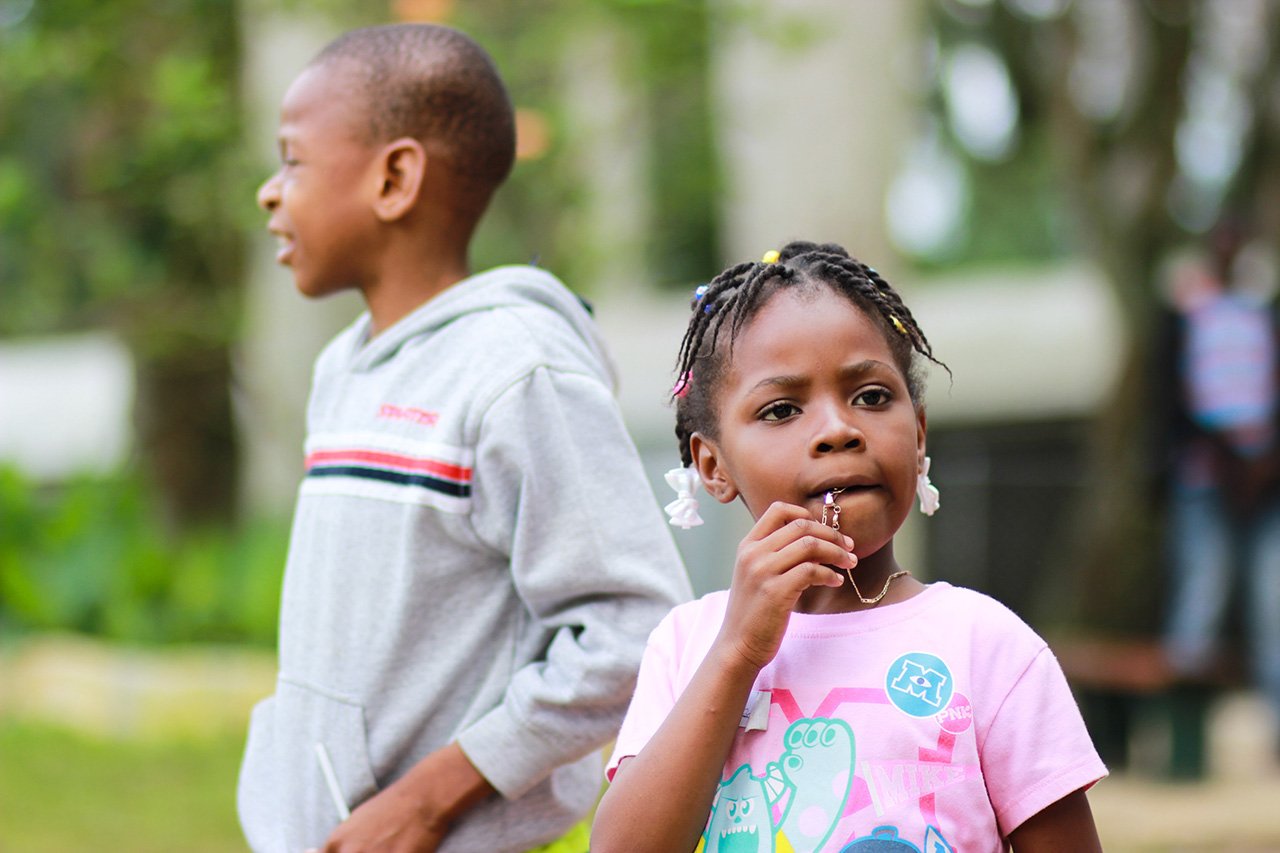
Minorities and people of color are dealt a disproportionately difficult hand in American society. Black, Brown, Indigenous, and Asian people face steep social and economic inequality and have access to fewer opportunities. It follows that American minorities are burdened with an excessive psychological and emotional load. At Maryvale, we respectfully acknowledge Minority Mental Health Month this month, a time to bring awareness to the mental health experiences within marginalized communities and specifically among people of color. When it comes to addressing trauma, receiving care, and shifting conversations in the health and wellness space, these groups are all too often without the extra attention they need.
In these times, it is a well-known fact that marginalized people face considerable hardships compared with those with racial or class privilege. Lower-income, minority communities have dealt with generations of oppression and difficulty, leading to a complex set of social challenges, trauma, and profound stress. Minority Mental Health Month signals the need for a broader cultural awakening around race, class, history, and psychological wellbeing. Not only do these groups require excellent mental health providers, but they also deserve culturally aware, sensitive practitioners who can meet them where they are, validate their experience, and create a meaningful path to healing.
Every minority community has specific nuances that speak to their history and their treatment in culture and society. The needs that affect one community are nuanced and specialized to a particular lineage of people. For instance, Black and African American communities face significantly higher homicide risks than other groups and are more likely to face socioeconomic hardship than any other group. Both of these issues have tangled historical roots. Poverty and violence are both sources of serious damage to a person or a child’s psychology. Hispanic and Latino people see higher suicide attempt rates among female adolescents than any other ethnic group. Asian Americans have suffered through a 340% increase in hate crimes since 2020. PTSD and suicide risk are significant mental health risks for Asian Americans – notably for teenagers and young adults. Indigenous Americans are more likely than other groups to be without health insurance, which creates a significant economic barrier to seeking mental health support. In different ways, people in all of these communities live amid a backdrop of fear for their personal safety.
While bolstering self-worth and addressing trauma is essential for any individual from a marginalized group, cultural awareness in mental health calls for a deeper sense of where a person is coming from and how their community deals with adversity. Each minority group’s unique challenges are underscored by a massive issue that our culture is just beginning to understand in the mainstream: systemic racism. The CDC recently acknowledged racism as a significant threat to public health. This admission is a decisive step in the right direction for marginalized people who have gone underrecognized. By recognizing that racism is both interpersonal and structural in nature, the CDC legitimizes the studied impact of disenfranchisement that is at the root of injustice. This scientific lens on systemic racism strikes down the feeble argument that reduces racism to occasional relational disagreements or subjective problems between individuals. The mainstream is ready to become fluent in ideas of equity, holistic care, and the linkage between social values and psychology.
Whether a person is the direct or indirect victim of a racist act or aggression, the trauma caused by racism cannot be ignored. To make matters more complex, the stigma associated with mental health disorders contributes to negative bias directed toward marginalized individuals. The result of this mounting set of social and relational obstacles is crushing. Minority Mental Health Month is an ideal time to reflect on the intricate, nuanced experiences that contribute to generational trauma and injustice and to speak openly about how mental health is intertwined with a community’s historical and economic conditions.
People – especially children – deserve to feel cared for and emotionally protected in a context that makes sense to them. At Maryvale, we approach mental health services with a young person’s community, family, and cultural background in mind. We prioritize mental health care with cultural relevance, empathy, and sensitive attention for the marginalized, minority children we care for. Learn more about our community-centric approach to mental health.






